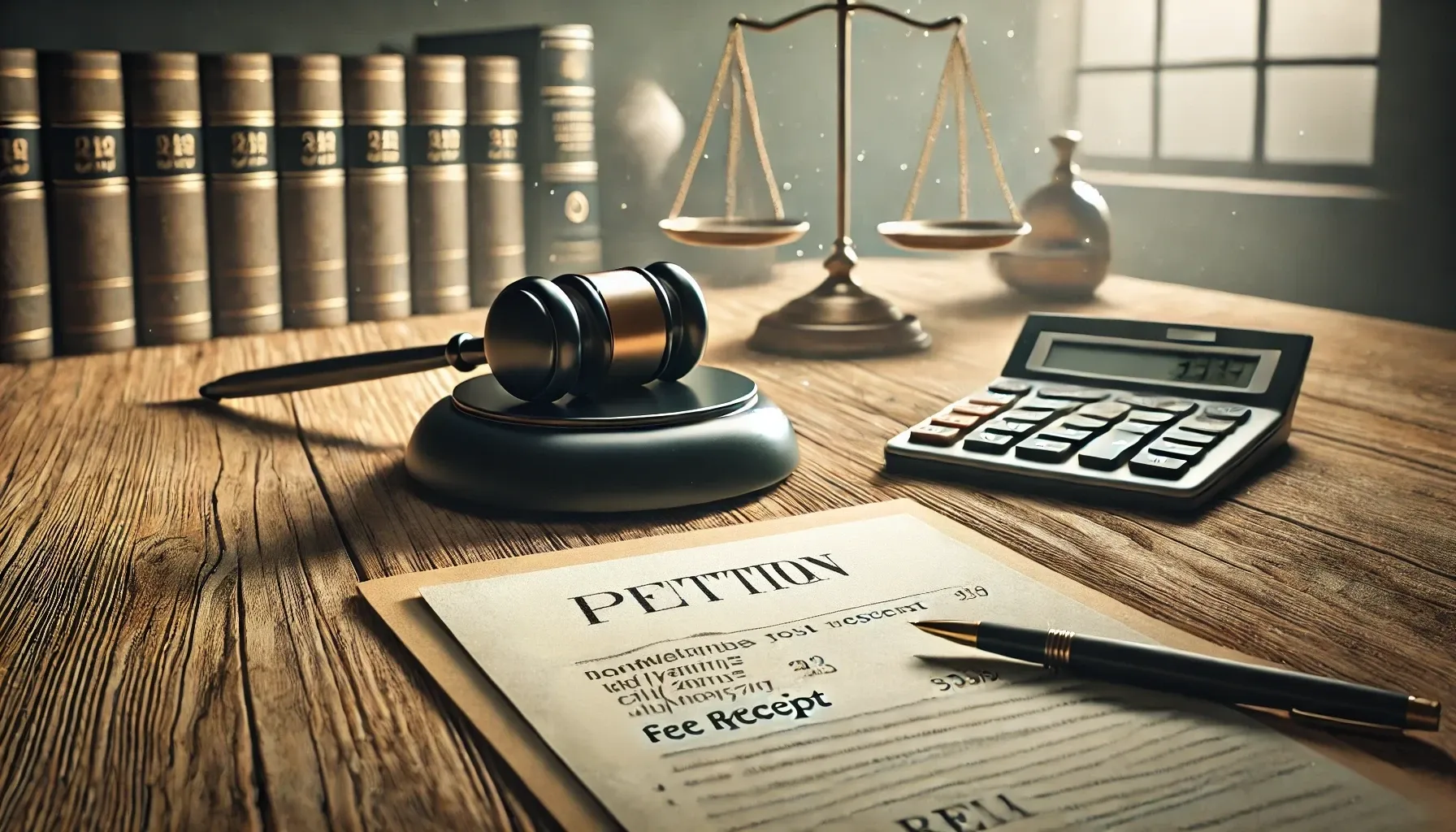A petition filed in Telangana HC challenges the exorbitant fees for AIBE, arguing that it violates Supreme Court directives. The petitioner seeks transparency on fee allocation and BCI’s authority.

A petition has been filed in the Telangana High Court, questioning the legality of the registration fee structure for the All India Bar Examination (AIBE). Advocate Vijay Gopal, the petitioner, argues that the fees violate principles established by the Supreme Court and impose an undue burden on candidates starting their legal careers. The petition also raises transparency concerns regarding fee allocation and the outsourcing of examination functions by the Bar Council of India (BCI).
Concerns Over Excessive Fee Structure
- For AIBE-XIX, general category candidates are required to pay:
- Rs. 3500 for registration.
- GST of 12.60 INR.
- A convenience fee of 70 INR.
- The petitioner relied on the Supreme Court’s judgment in Gaurav Kumar v. Union of India, which capped enrolment fees for general category candidates at Rs. 750.
- It was argued that the AIBE fee, being a mandatory requirement for practice, should also adhere to the Gaurav Kumar judgment, as exorbitant fees are violative of fundamental rights.
Lack of Transparency in Fee Allocation
- The petition seeks clarity on how the Rs. 3500 registration fee is divided between the BCI and the exam-conducting agency.
- It demands disclosure of the Memorandum of Understanding (MoU) between the BCI and the third-party agency conducting the exam.
- The petitioner also questioned the procedure followed by the BCI in determining the fee structure, emphasizing the need for transparency.
Outsourcing of AIBE: A Legal Question
- The BCI’s decision to delegate the conduct of AIBE to a third-party agency was challenged as a violation of the Advocates Act, 1961, which does not allow the sub-delegation of statutory functions.
- The petition asserts that the BCI, being a delegated authority, must perform its duties directly and cannot outsource its responsibilities.
- This outsourcing practice, according to the petitioner, raises serious questions about the BCI’s compliance with its statutory obligations.
Impact on New Advocates
- The petitioner highlighted that the high fees for AIBE impose an immense financial burden on candidates who are just starting their legal careers.
- Many candidates are financially unstable, and such fees create an unnecessary barrier to entry into the legal profession.
- It was argued that the fee structure should be affordable and reasonable, aligning with the principles laid out in the Supreme Court judgment.
Telangana HC's Interim Order
- Justice B. Vijaysen Reddy, who heard the case, issued notice to the Bar Council of India, seeking its response on the matter.
- The Court directed that the fee paid by the petitioner will be subject to the outcome of the case, ensuring no undue harm to the petitioner.
- The case, titled Vijay Gopal v. Bar Council of India and Others (WP 31722/2024), will now proceed with further submissions from the BCI.
Legal Context: The Gaurav Kumar Judgment
- The Supreme Court of India, in Gaurav Kumar v. Union of India, ruled that Bar Councils cannot charge exorbitant enrolment fees, limiting the fee for general category candidates to Rs. 750.
- The petitioner argued that the AIBE registration fee must follow similar principles, as both enrolment and AIBE are preconditions for practicing law.
- This judgment is central to the case, as it sets a precedent for reasonable and affordable fees in the legal profession.
Significance of the Case
- The outcome of this case could redefine fee regulations for AIBE, ensuring greater fairness and transparency.
- It raises important questions about the BCI’s statutory obligations and its compliance with existing laws.
- A favorable ruling for the petitioner could ease the financial burden on thousands of aspiring advocates.
Case Title: Vijay Gopal v. Bar Council of India and others | WP 31722/2024





